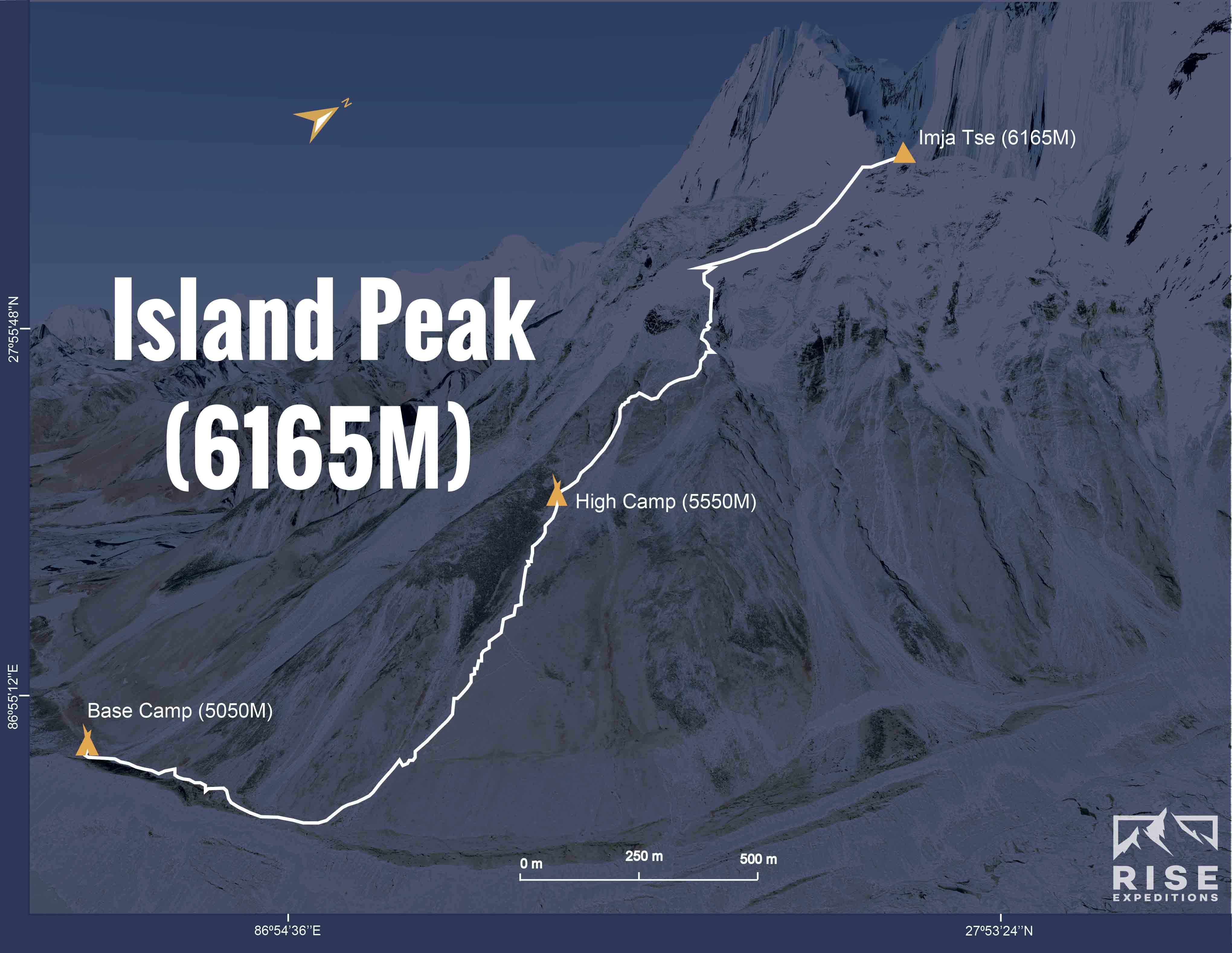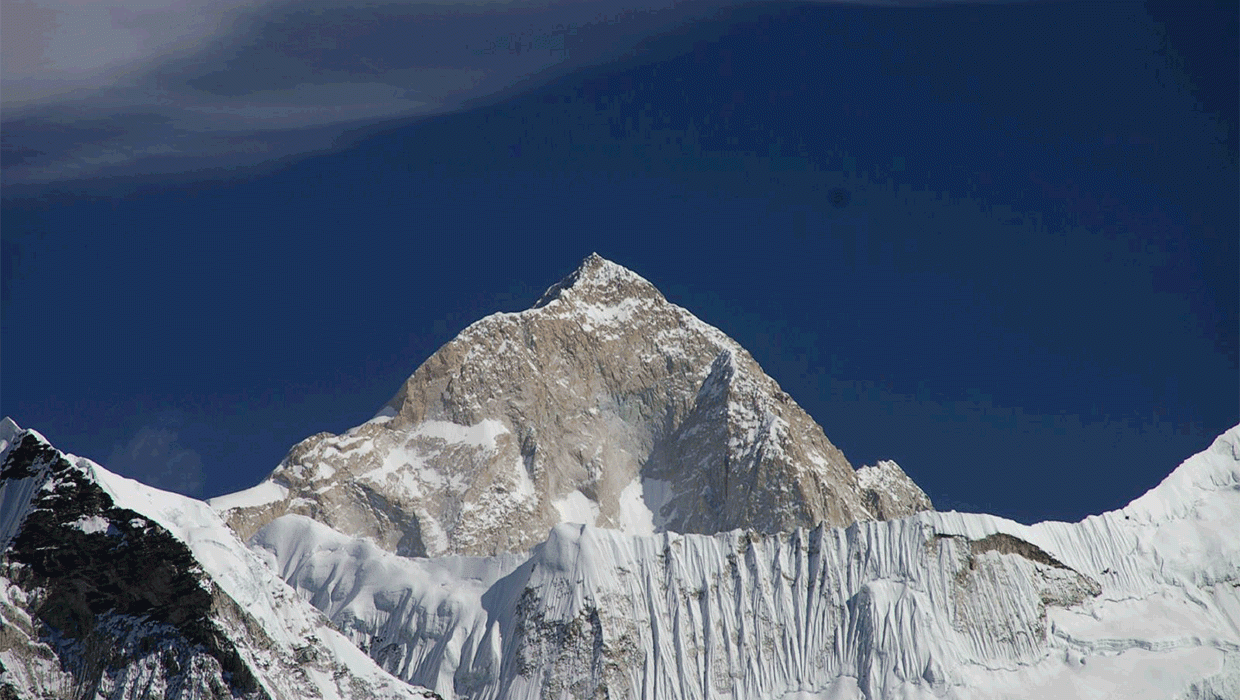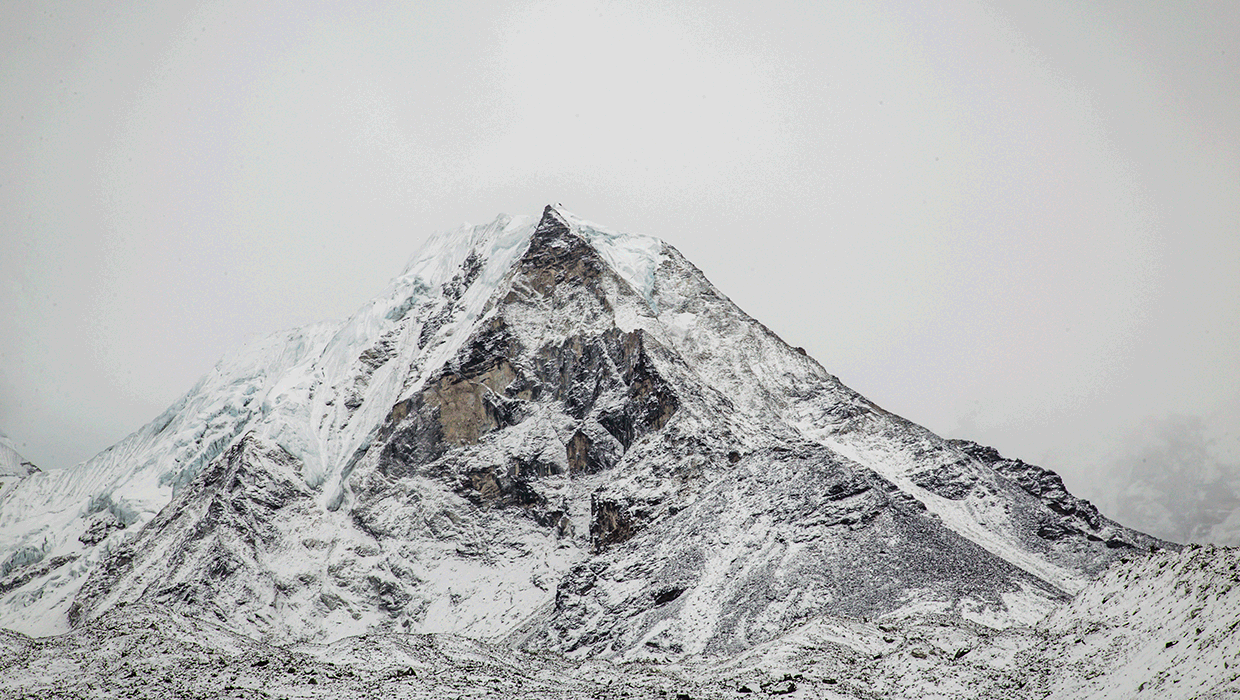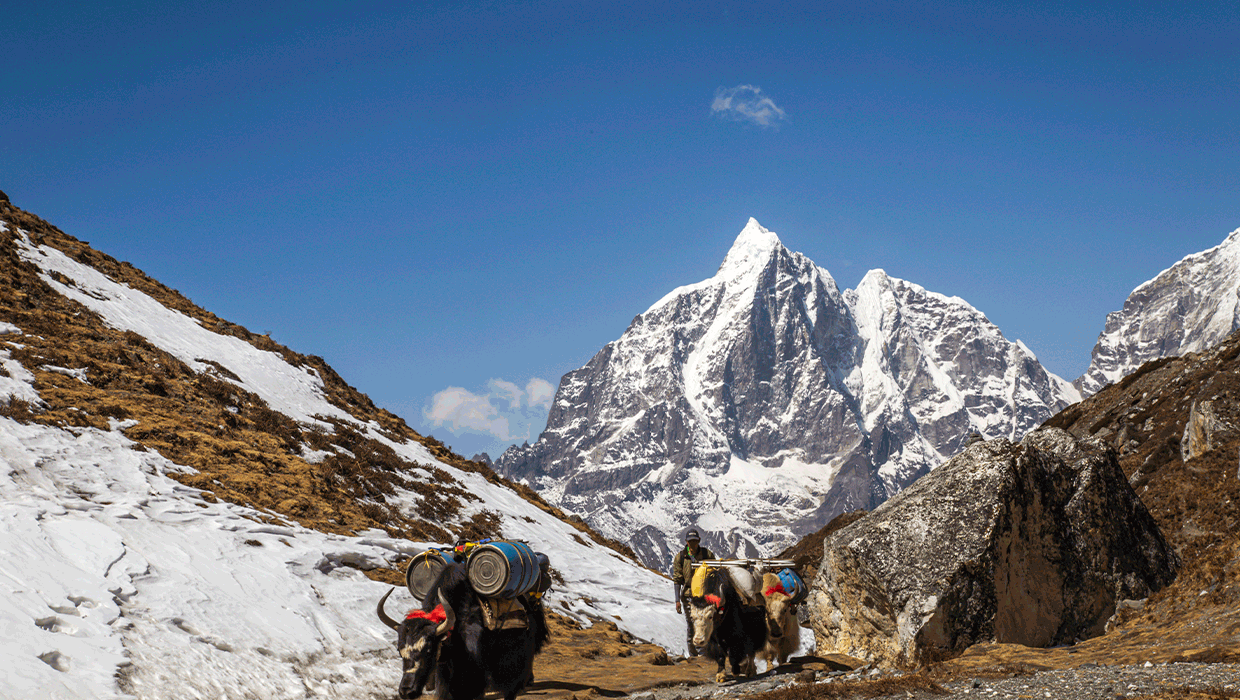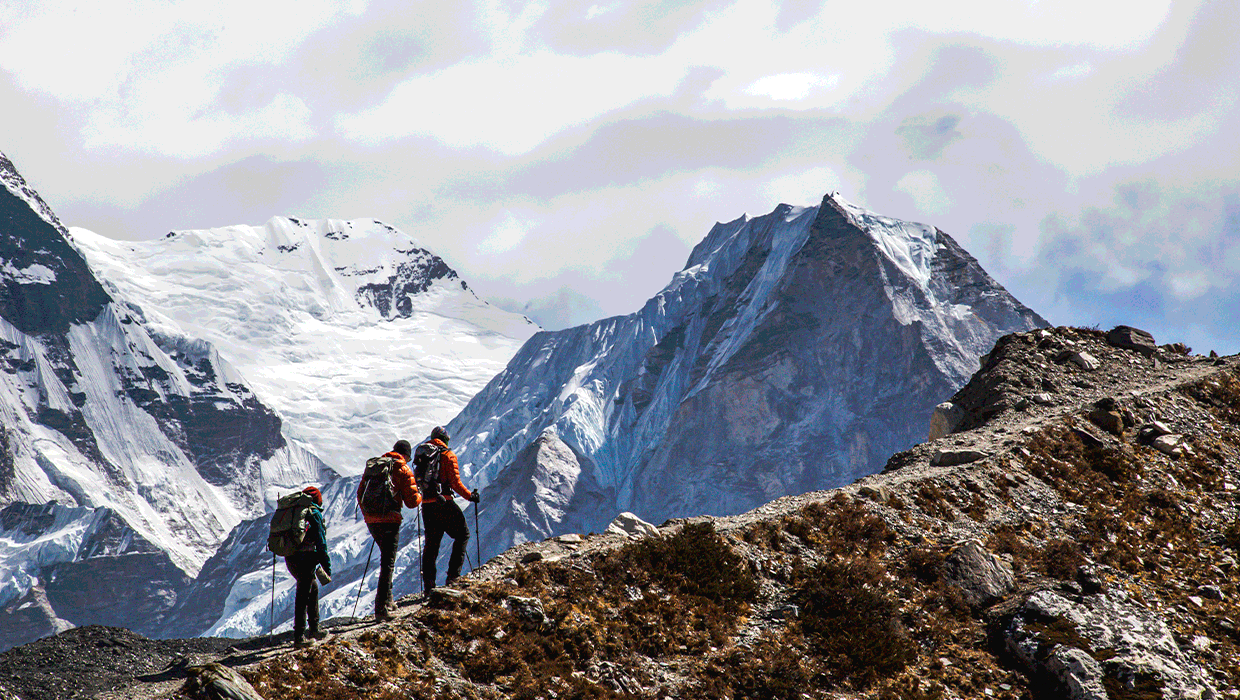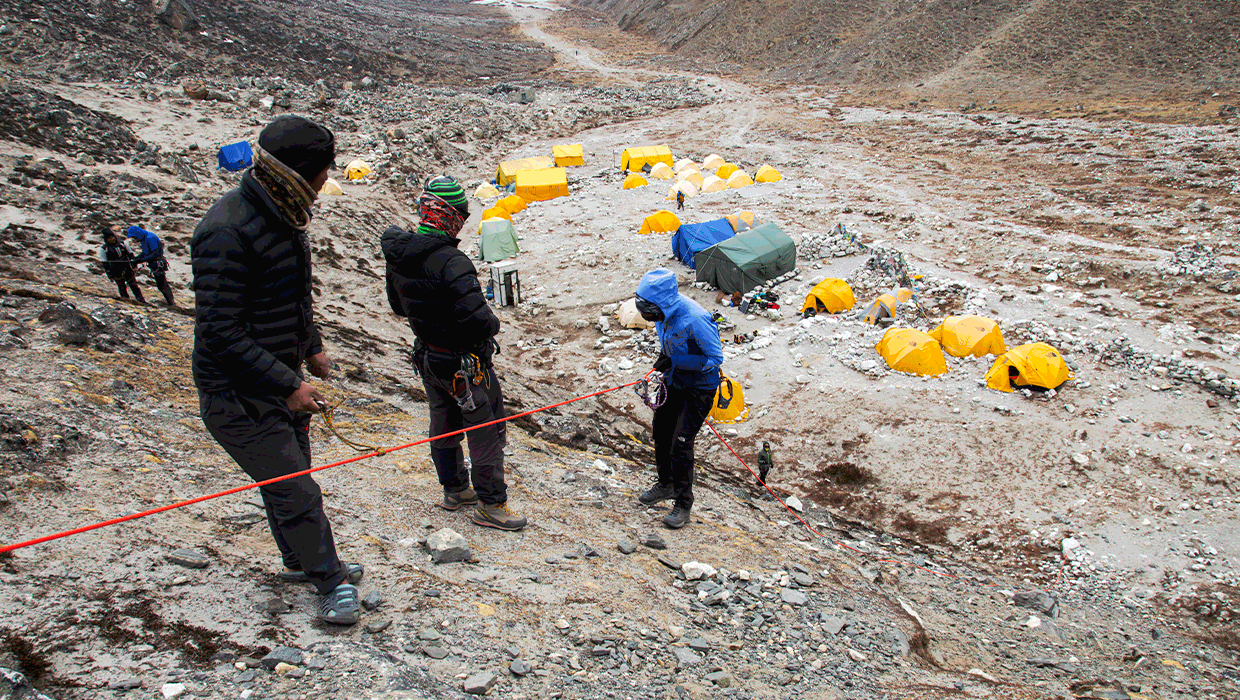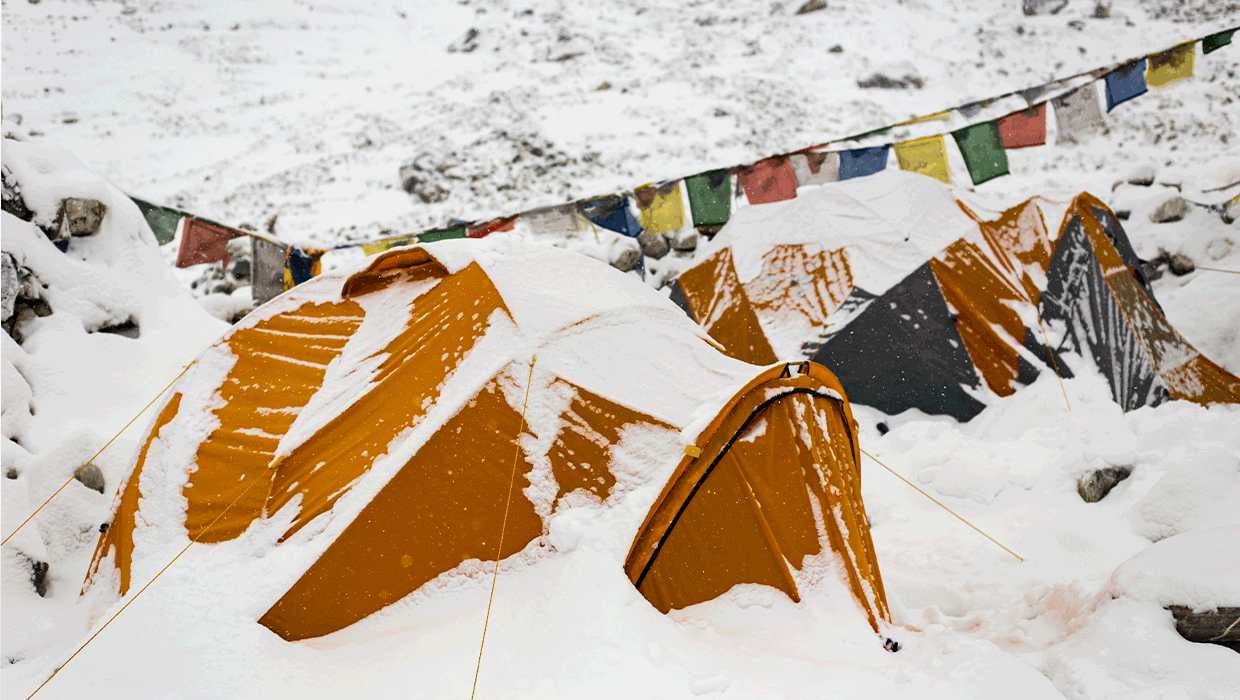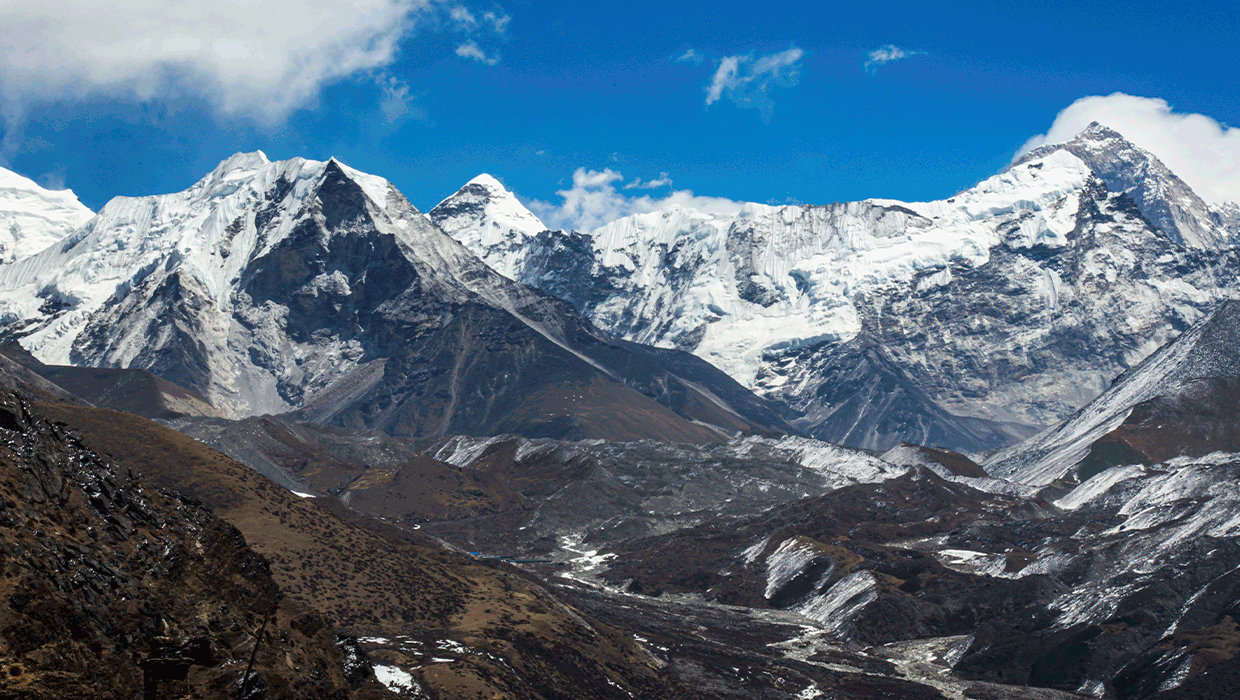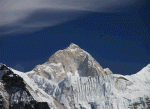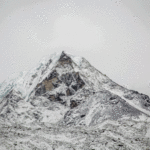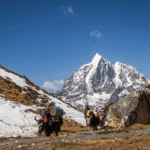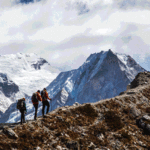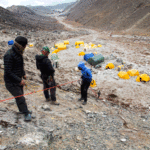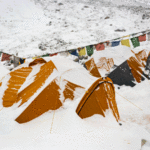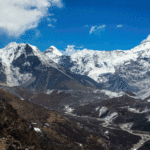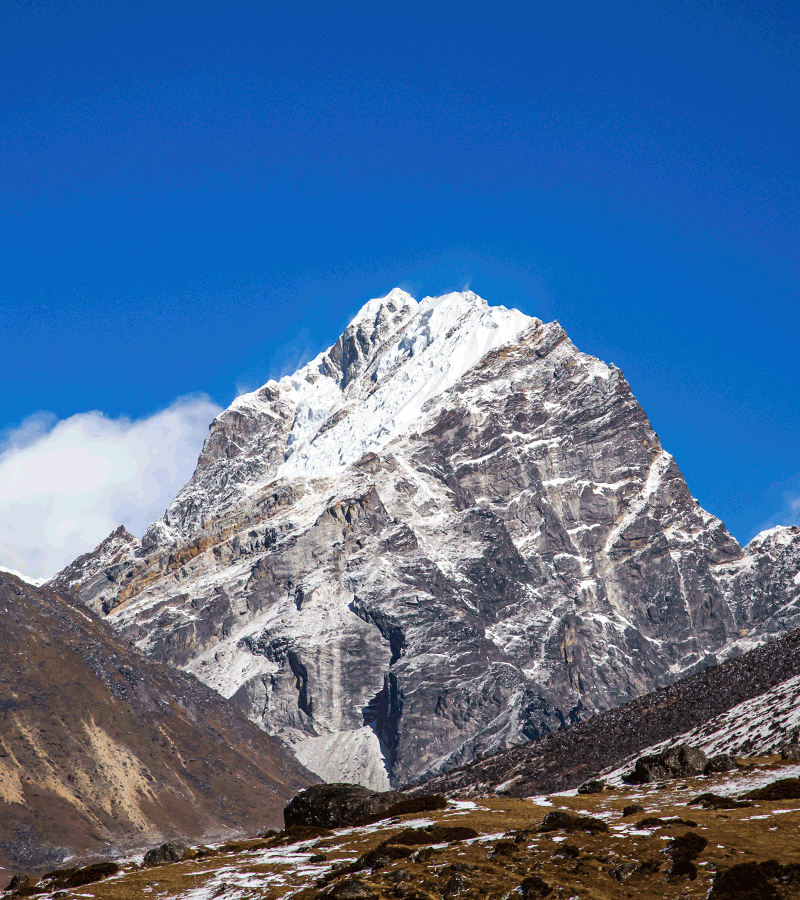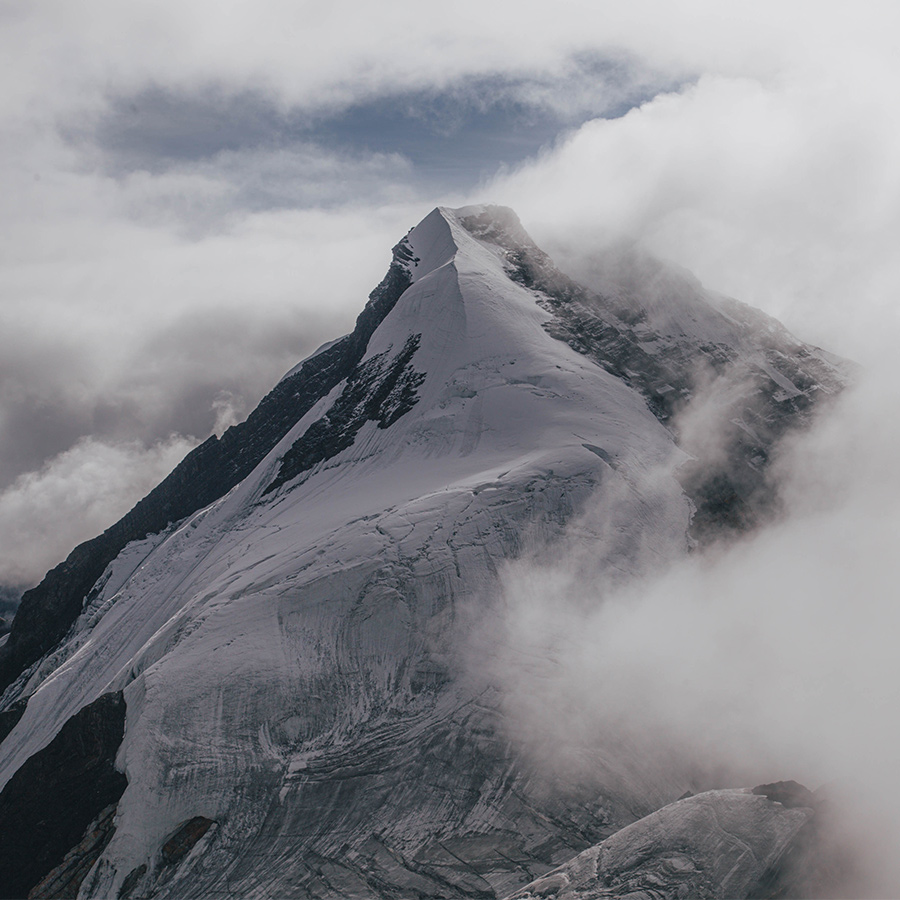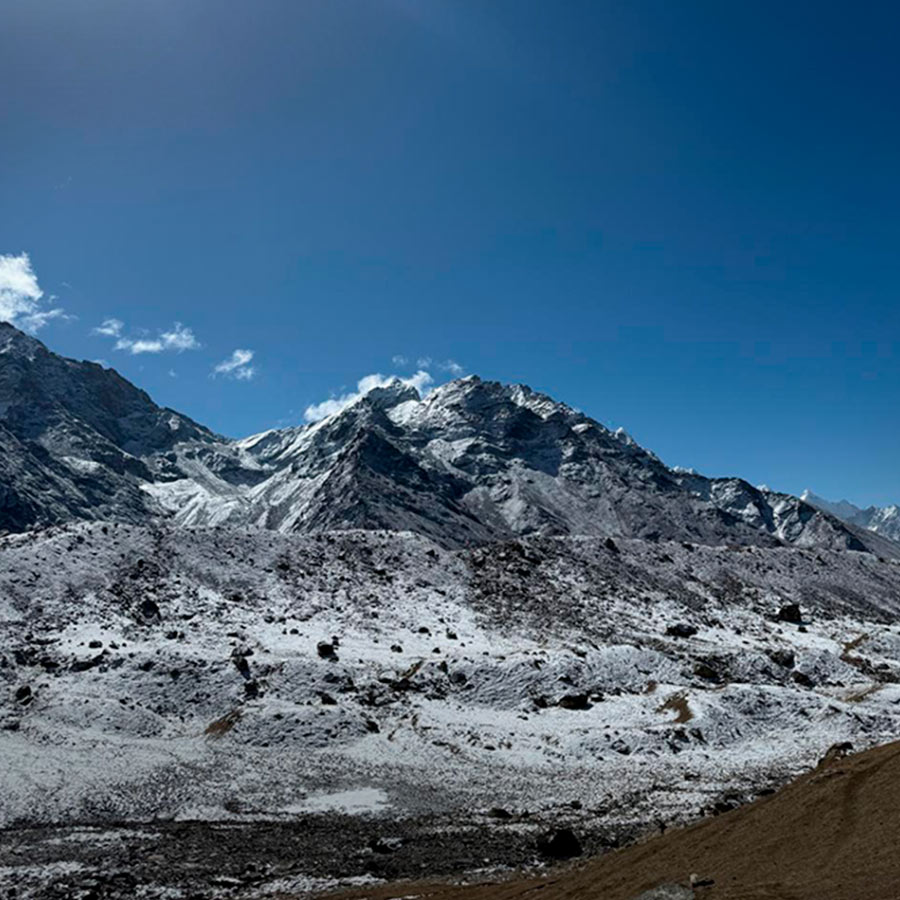To secure your spot on the Island Peak with training and an EBC trek, a 30% deposit is required upon booking. After confirmation, an additional 40% must be deposited at least one month before your arrival. The remaining balance is due upon arrival in Nepal. Payments can be made via cash or credit card, with any bank charges for credit card payments being the responsibility of the participant.
Cancellation Charges
- 45 Days Notice: Cancellations made at least 45 days before arrival will incur a 25% charge of the total land tour cost.
- 30 Days Notice: Cancellations made at least 30 days before arrival will incur a 35% charge of the total land tour cost.
- 15 Days Notice: Cancellations made at least 15 days before arrival will incur a 50% charge of the total land tour cost.
- If you need to cancel within 15 days of arrival, you can postpone your trip by adding 10% to the total price. Cancellations after 15 days will incur a 20% additional fee for postponing.
Additional Cancellation Costs:
- Internal/cross-country flights will have their cancellation charges based on airline policies.
- Luxury hotel cancellation policies will follow the hotel’s terms.
We highly recommend purchasing trip cancellation insurance for your protection. For more details, please contact us or review our booking policy.


